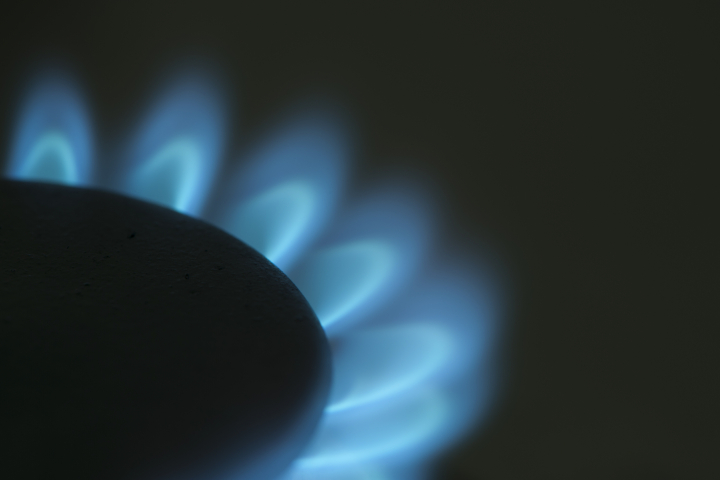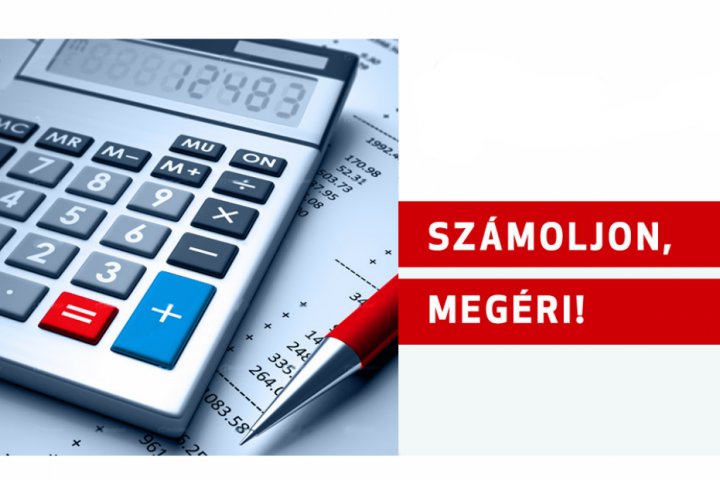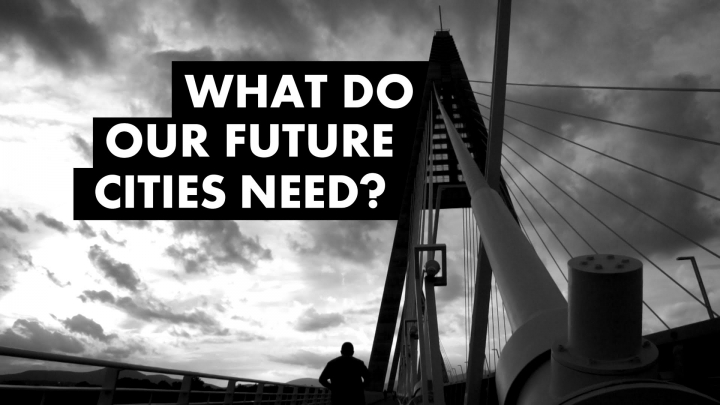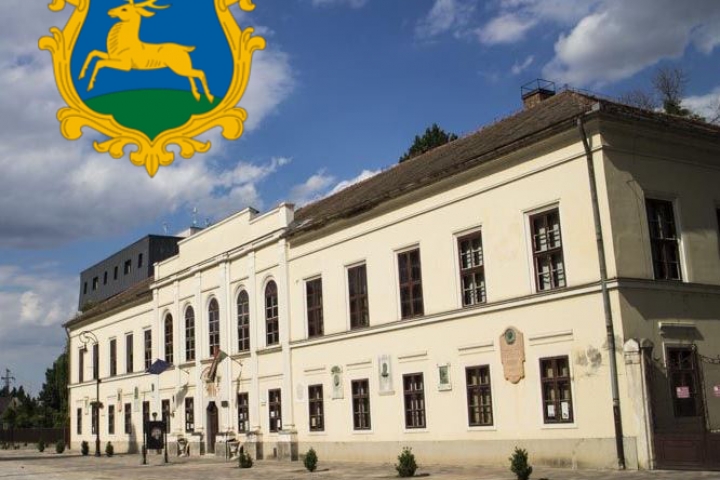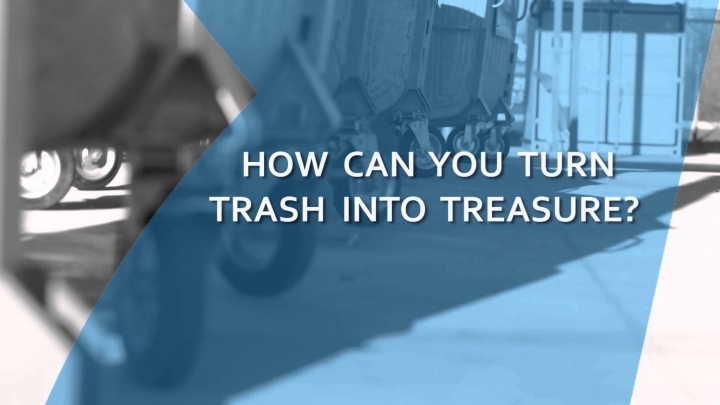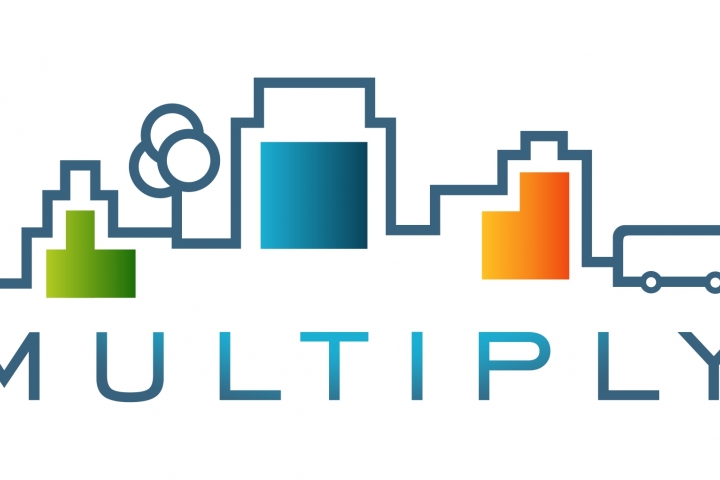Fair and Green Energy Tax Reform in the EU
With the lead of the Institute for European Environmental Policy (IEEP), this project aims to modell the socio-economic impact of the possible amendments of the Energy Taxation Directive (ETD) and Emission Trading System (ETS) in EU member countries. We will undertake a work programme on fair and green energy tax reform linked to the revision of the ETD and its relationship with other EU carbon pricing tools.
At the heart of the project will be the generation of new modelling to assess the distributional consequences of ETD reforms (ie. changes to tax structures and various scenarios for use of tax revenues), both at EU-wide and MS levels. This will produce results which are far more sophisticated than any previous modelling exercises related to energy tax or carbon pricing in the EU or anywhere in the world, allowing us to assess the consequences not just for inequalities of income, but of gender, age, rural/urban location and many other factors. Assessing the impacts on these horizontal as well as vertical inequalities, and designing policy measures to address them, is critical to building the political and social acceptability of reforms and ensuring that energy taxes can be used to contribute to challenging rather than exacerbating social inequalities. We expect the results to be of high interest to national and EU-level policy-makers in environmental and finance ministries, and to other key stakeholders in the media, civil society and the private sector.
The modelling will be produced in two phases – focused on the consumption-side of the economy in year 1 of the grant (ie related to tax reforms in the housing and transport, including aviation, sectors), and the production-side of the economy in year 2 of the grant (i.e. related to tax reforms in the energy intensive, maritime and agriculture sectors). Results will be available both at an aggregate EU level (ie comparing the implications for higher/lower income groups wherever they live in the EU) and for all 27 EU Member States.
Energiaklub will map the local stakeholders and produce nationally-tailored short political/policy briefing papers that similarly frame the national results for Hungarian context. These short nationally-tailored papers will be accompanied by communications activities including blogs and events in local language and as part of a national dissemination strategy to engage decision-makers and media audiences.
Implementing Partners from the Think Sustainable Europe (TSE) supporting the lead partner Institute for European Environmental Policy (IEEP) are:
- Association for International Affairs (AMO) in Czechia;
- Basque Centre for Climate Change (BC3) in Spain;
- Ecologic Institute in Germany;
- Energiaklub in Hungary;
- IDDRI in France and
- Wise-Europa in Poland.
We gratefully acknowledge the financial support of Laudes Foundation for this work.

